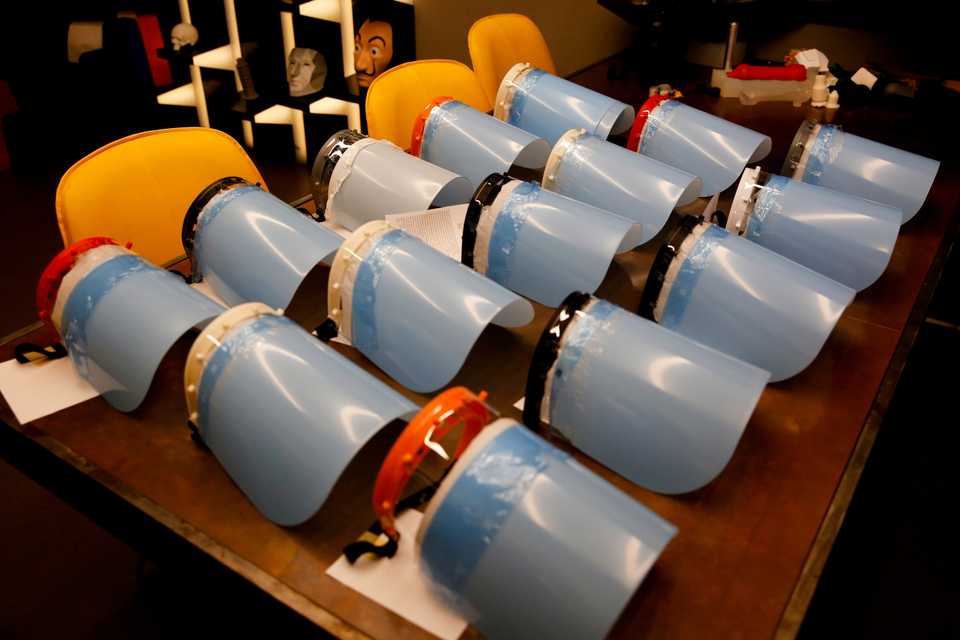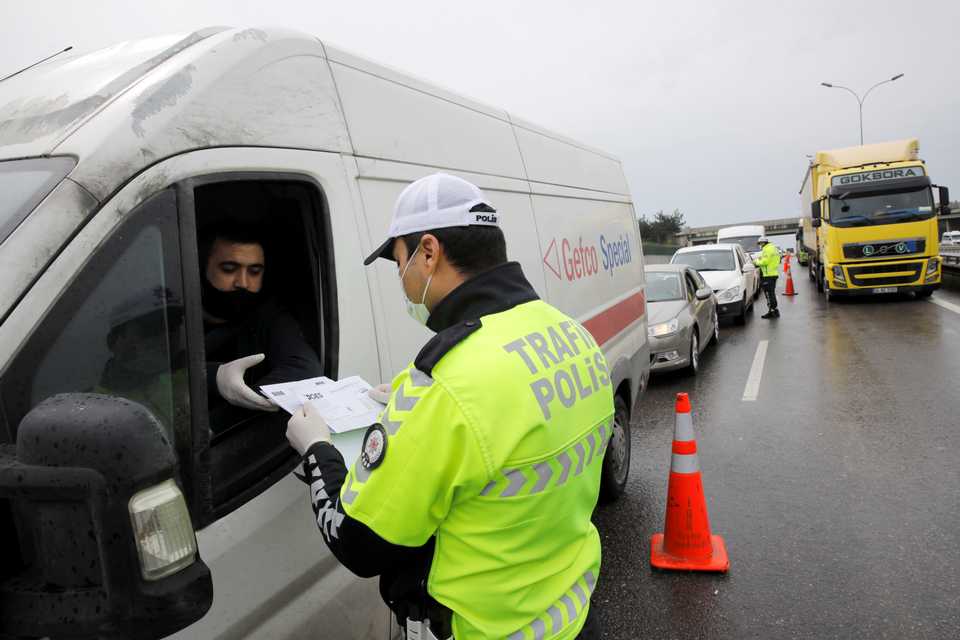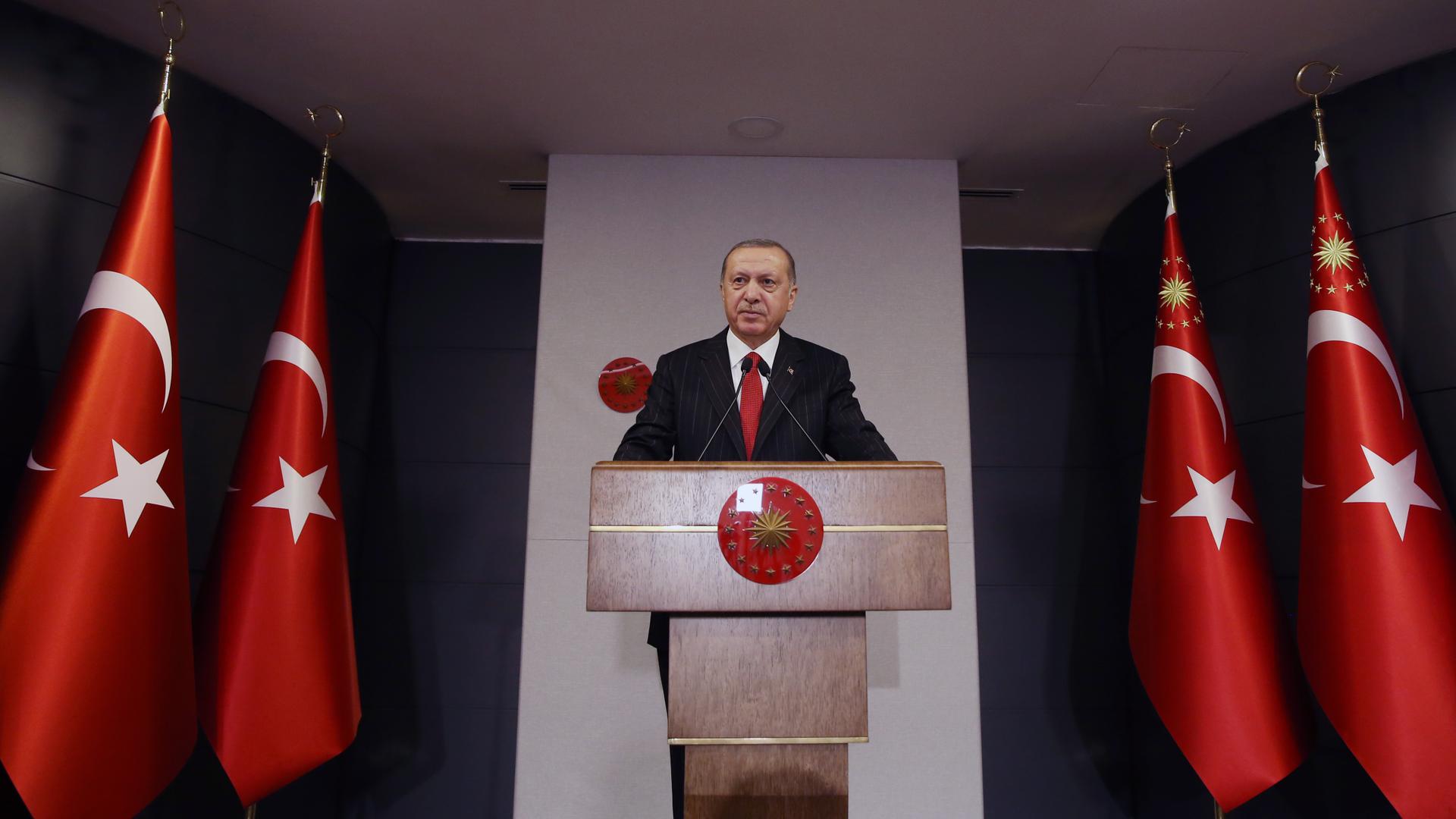Ankara is stepping up its measures against the Covid-19 pandemic as it continues to take more lives across the world at an alarming pace.
Turkey will build two hospitals in Istanbul, the country’s biggest city and financial hub, which appears to be the epicentre of the pandemic.
“We will complete them quickly within 45 days and open them to the service of our people,” Turkish President Recep Tayyip Erdogan announced on Monday, adding that each hospital will have a 1,000-bed capacity.
Turkey has also pledged to distribute free face masks to all citizens as the government has made it mandatory to wear them outside one’s home.
“We have enough mask stock and production plans for all of our citizens until the outbreak ends. As a state, we are determined to provide free masks to all our citizens,” Erdogan said.

Turkey’s death toll exceeded 600 as of April 6, but its fatality rate is lower than many Western European countries and the US. But its confirmed cases are increasing significantly, requiring more testing kits.
President Erdogan said that Turkey is also boosting its testing capacity, which recently reached 20,000 tests per day.
Turkey has an edge, with more intensive care units than many European countries, including the UK, France, Russia, and China. It has 40 beds per 100,000 people according to Turkish Health Minister Fahrettin Koca. The US has 34.7 ICU beds while Germany is at 29.2 beds.
“We don’t have any issues on diagnosis and treatment in our hospitals. Thankfully, we’ve so far not encountered any significant issues in terms of health services, food and sanitation supplies and public safety,” Erdogan said.

Turkey has not experienced the high levels of panic buying or overcrowded healthcare facilities seen in various European countries, the US and some Latin American states.
Ankara’s National Solidarity Campaign has also gathered around $221 million in donations, as people have come together to help the country fight the threat from the virus.
Turkey cares for its elders
While Turkey has not placed a strict curfew across the country as some countries like Italy and China have done, it has placed a curfew on those over 65 because the virus is much more lethal to that age group than the young and middle-aged people. People under 20 are also under curfew.
With recent measures, which have ensured the country’s elderly seek help from security forces or disaster relief groups for their needs, the state has reached more than a million of its population over 65 to ease their difficulties in shopping for acquiring medicine and other essential goods or medical equipment.
Much of the older generation is accustomed to spending time in traditional cafes, teahouses and other social spaces, but now has to spend time at home.
In addition to home delivery services, the country’s health ministry has also facilitated a counselling service over the phone, which some might need now more than ever.










Discussion about this post